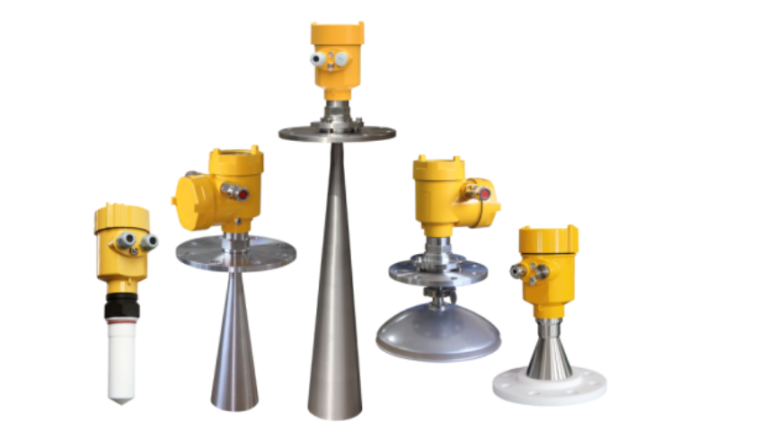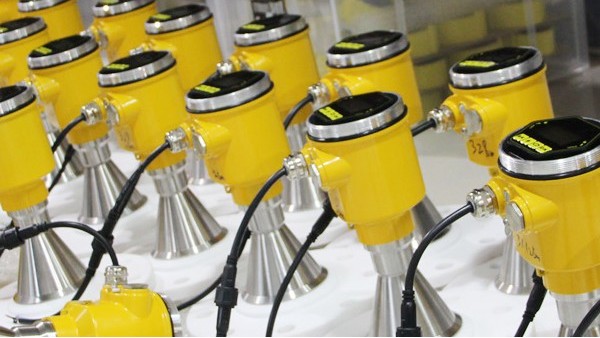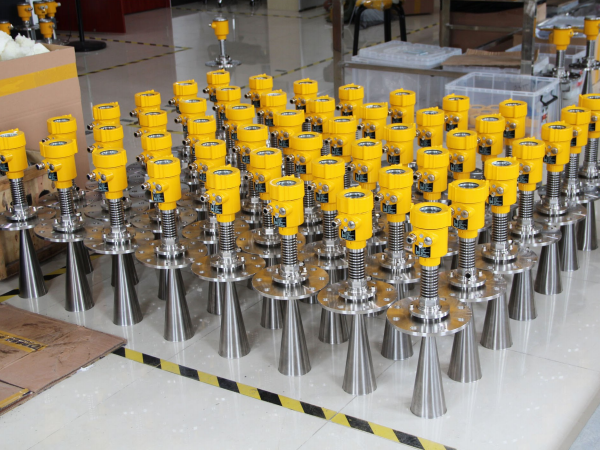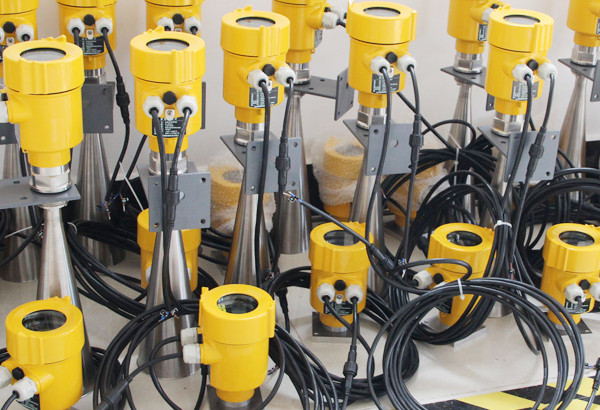Radar level gauges, as an advanced measurement instrument, have found extensive use across various industries. Particularly in the shipbuilding industry, they have become an indispensable tool due to their unique advantages. This article will provide a detailed analysis of the specific applications of radar level gauges in shipbuilding.

Shipbuilding: A Precision-Driven Industry
The shipbuilding industry is highly complex and demands extreme precision. During the shipbuilding process, it is crucial to accurately monitor the levels of various liquids and solid materials to ensure smooth production and maintain the safety of the vessel. Traditional methods of level measurement often face challenges like low precision and susceptibility to environmental factors, making them inadequate for the needs of modern shipbuilding.
Radar level gauges overcome these limitations with their high precision, stability, and wide applicability. These devices use radar waves to measure the levels of liquids, slurries, or granular materials in containers. With advantages such as precise measurement, stable performance, high reliability, and ease of maintenance, radar level gauges are suitable for measuring levels in a wide range of complex conditions.

Key Applications of Radar Level Gauges in Shipbuilding
Fuel Tank Level Measurement: Fuel is a vital source of energy for a ship during its voyage. Accurately measuring the fuel tank levels is essential for ensuring the ship’s proper functioning. Radar level gauges can continuously monitor the changing levels of fuel in real-time and transmit this data to the ship’s control system. This allows the crew to track fuel consumption and make necessary adjustments to ensure optimal fuel use.
Ballast Water Tank Level Measurement: Ballast water tanks are used to regulate a ship’s buoyancy and stability. By filling or emptying the ballast water tanks with seawater, the ship’s draft and heel can be adjusted. Radar level gauges provide precise measurement of the ballast water tank levels, offering accurate data to help regulate the vessel’s stability and buoyancy, which is crucial for safe navigation.
Freshwater Tank Level Measurement: Freshwater is essential for the daily life of the crew onboard. Monitoring the levels in the freshwater tanks ensures that there is always a sufficient supply. Radar level gauges allow real-time monitoring of water levels in these tanks and issue alarms when levels become too low, alerting the crew to refill the freshwater supply as needed.
Chemical Tank Level Measurement: On specialized vessels like chemical transport ships, it is critical to measure the levels in chemical tanks accurately to ensure safe transportation. With its non-contact measurement method and high accuracy, radar level gauges are ideal for this application, helping prevent accidents and ensuring the secure handling of hazardous materials.
Cargo Hold Level Measurement: For ships such as bulk carriers, accurately measuring the levels of cargo in the holds is essential for determining load limits and preventing overloading. Radar level gauges can penetrate the surface of the cargo, unaffected by the type or shape of the materials, providing a reliable solution for cargo hold level measurements. This helps maintain proper load management and ensures compliance with safety regulations.

The Importance of Radar Level Gauges in Shipbuilding
Radar level gauges play a vital role in shipbuilding, contributing significantly to the safe operation of ships and improving production efficiency. By offering precise level measurements for critical systems such as fuel, ballast water, freshwater, chemicals, and cargo, these instruments ensure that all aspects of the ship’s operation are managed effectively.
The Importance of Radar Level Gauges in Shipbuilding
Radar level gauges play a vital role in shipbuilding, contributing significantly to the safe operation of ships and improving production efficiency. By offering precise level measurements for critical systems such as fuel, ballast water, freshwater, chemicals, and cargo, these instruments ensure that all aspects of the ship’s operation are managed effectively.

Conclusion
Radar level gauges have become a key technology in the shipbuilding industry, ensuring not only the safety of vessels but also the efficiency of their operations. With continued advancements in radar technology and growing demand in the shipbuilding industry, radar level gauges are poised for even greater application and development in the future.
Their precise, non-contact measurement capabilities provide invaluable support for maintaining critical ship systems, ensuring that ships can operate safely and efficiently across the world’s oceans.
